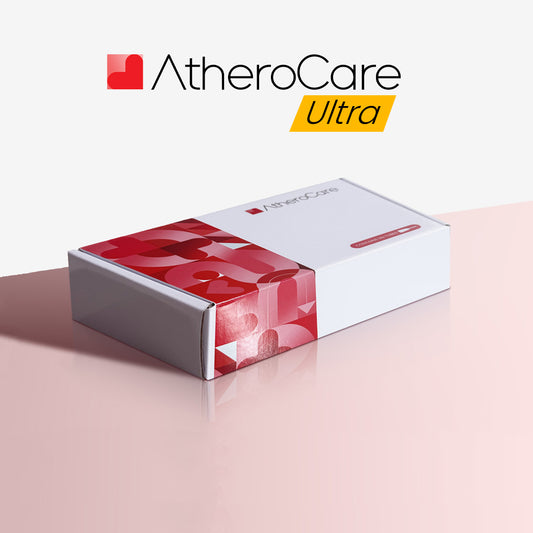When it comes to heart health, one topic dominates the conversation: statins. These cholesterol lowering medicines are prescribed to millions of people worldwide. But they’re not the only option on the table. From lifestyle changes to emerging wellness supplements, many people are curious about how different approaches can fit together to support cardiovascular wellbeing.
This guide is designed to help you understand the landscape without making medical claims or telling you what to take. Instead, it highlights what’s out there so you can have an informed discussion with your healthcare provider.
What Are Statins - And Why Are They So Widely Used?
Statins are a class of prescription medications that work by reducing the body’s production of cholesterol. Lowering cholesterol levels can help reduce the risk of heart attack and stroke in certain people. Statins have been extensively studied for decades, and for many individuals they are an important part of cardiovascular care plans.
Because statins are prescription only, they should always be used under the supervision of a qualified healthcare professional. If you’ve been prescribed a statin, talk to your doctor before making any changes.
The Role of Lifestyle and Diet
Even for those taking medication, lifestyle choices remain crucial to cardiovascular health. Regular physical activity, balanced nutrition, stress management, and not smoking all contribute to heart and vascular wellbeing.
Simple changes, such as incorporating more fibre rich foods, reducing trans fats, moderating alcohol intake, and maintaining a healthy weight are widely recommended by heart health organisations around the world.
Where Do Wellness Supplements Fit In?
Beyond prescribed medications, some people explore wellness supplements to support their overall health. This is not a replacement for medical care, but rather an area where individuals may feel empowered to take additional steps under guidance from a healthcare professional.
Supplements might include vitamins, minerals, omega-3 fatty acids, or plant-based products known for their general wellness benefits. Importantly, these products do not replace prescribed medications and are not intended to treat or cure disease.
Understanding HPβCD: A Unique Compound Worth Knowing
One compound attracting attention in the wellness space is 2-hydroxypropyl-β-cyclodextrin (HPβCD). HPβCD is a sugar derived molecule used in various pharmaceutical applications as a carrier for other drugs. It has a unique structure that can interact with certain fat-based molecules.
In the wellness context, HPβCD appears in products such as AtheroCare Cyclodextrin, which is formulated as a rectal supplement to support general wellbeing. These products make no medical claims and are not approved by regulatory agencies to diagnose, treat, cure, or prevent any condition.
If you’re interested in learning about HPβCD, you can find published studies and independent commentary through sources such as Nature or ScienceDaily.
Can You Combine Traditional and Alternative Approaches?
Many people taking statins also maintain healthy diets, exercise, and use non-medical wellness practices. This integrative approach can be beneficial, but it’s important to coordinate with a healthcare professional to ensure safety and avoid potential interactions.
If you’re curious about trying a new supplement while on prescription medication, always consult your doctor first. Even non prescription products can have effects on how your body absorbs or metabolises medicines.
When to Speak With Your Doctor
Before starting, stopping, or combining any approach, whether it’s medication, a supplement, or a new lifestyle regime - talk with your doctor. They can help you evaluate evidence, monitor your health, and make sure your choices are right for your individual circumstances.
Remember: information online is just a starting point. Your healthcare professional knows your medical history and is best placed to give personalised advice.
The world of heart health can feel complex. Statins remain a well studied cornerstone of cardiovascular care, but they’re not the only part of the picture. Lifestyle, diet, and wellness supplements like HPβCD based products may also play a role in personal routines, provided they’re approached thoughtfully and in consultation with a healthcare provider.
By understanding your options and asking informed questions, you can build a heart health strategy that aligns with your values and your doctor’s recommendations, one that combines the best of conventional care and proactive wellness.







